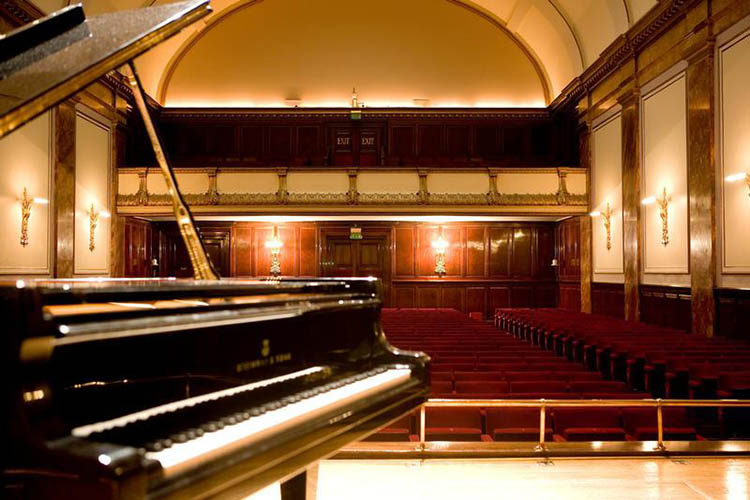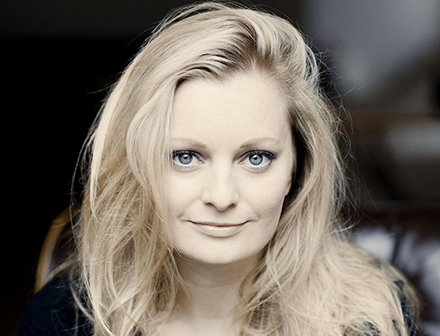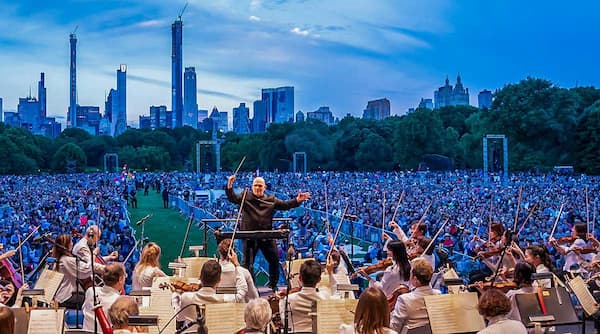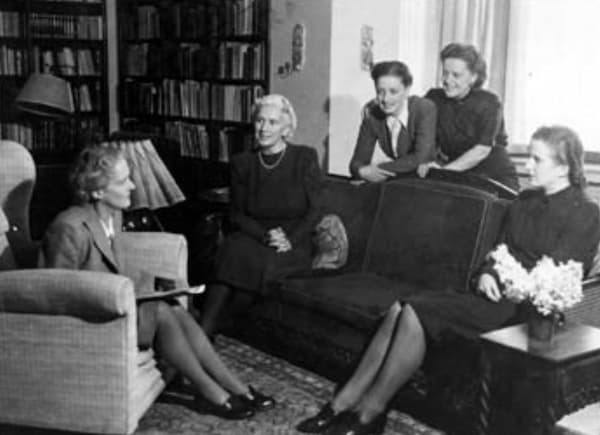John Gilhooly, Director of London’s prestigious Wigmore Hall, has announced a new series of lunchtime concerts at the Hall, starting on 1 June. This is, sadly, not a return to “normal” for classical music – far from it – but it does signal a tiny glimmer of hope for an industry decimated by the global response to the coronavirus.

Wigmore Hall
In collaboration with BBC Radio 3, lunchtime concerts will be broadcast from Wigmore Hall, featuring artists who can get to the hall easily, and without, where possible, the need to use public transport. These include pianists Imogen Cooper, Benjamin Grosvenor, Angela Hewitt, Stephen Hough, Mitsuko Uchida and Paul Lewis, singers Lucy Crowe, Iestyn Davies, Mark Padmore and Roderick Williams, violinist Alina Ibragimova and clarinettist Michael Collins. These esteemed artists will perform to an empty hall, with a maximum of two performers on stage and BBC broadcasting and hall staff observing strict health and safety guidelines in order to produce the programmes. A series of 20 concerts will be broadcast on weekday lunchtimes on Radio 3 and livestreamed via the Wigmore Hall’s website and YouTube channel.
Mahler: Lieder und Gesänge aus der Jugendzeit, Book 2: No. 1. Um schlimme Kinder artig zu machen (Roderick Williams, baritone; Helmut Deutsch, piano)
John Gilhooly writes:
We are very grateful to our wonderful colleagues at BBC Radio 3 for collaborating with us on this project, as well as the private donor whose magnificent lead gift has made the series possible, helping us to match the BBC’s contribution. Through these concerts we will bring great live music from our acclaimed acoustic to every corner of the nation and overseas.
I hope this project will also provide a glimmer of light for the entire industry, administrators and musicians alike. Arts and culture contribute £8.5 billion to the UK economy, and this complex industry will need to be rebuilt with public and government support, in due course. It is still unclear exactly when we will be able to open our doors to the public again, and although we remain cautiously optimistic about the future, we can only react to events as they unfold.

Lucy Crowe
The intention is to present a larger number of artists in similar future broadcasts, possibly some who are included in the Wigmore’s autumn 2020 programme.
This will bring a degree of cheer to those of us who love the Wigmore and miss live concerts in the “sacred shoebox”: it will undoubtedly be a pleasure to hear the Wigmore Steinway being played once more, and to have the sounds and colours of music flood the fine acoustic. This will be a different kind of live music, a little closer to the “real thing”, perhaps, than the livestreams and “living room recitals” we’ve grown used to seeing online as musicians strive to keep the music going while also validating their identity during these uncertain times, and beyond.
Nothing can replace the excitement, drama and atmosphere of live music. As British pianist Imogen Cooper remarked in a BBC Radio interview:
The audience will be completely invisible – hundreds of thousands of people out there cooking their lunch…..We all need the immediacy and the danger and raw emotion of live music at the moment. It’s very cathartic.
Cathartic indeed. Yet I find I cannot listen to and enjoy much classical music at the moment as it reminds me all too painfully of the great hole coronavirus and government responses to it have ripped in our cultural life, and the grave difficulties faced by friends and colleagues in the profession.

Iestyn Davies
For those of us who love live music, it is not just the “immediacy and the danger and raw emotion” that we miss. It is also the sense of a shared experience, the communication of emotions, and the celebration of creativity. Sure, one can appreciate those things in a radio broadcast or livestream, but you cannot truly replicate the live concert experience, not in its entirety.
It will be a curious experience for the performers too, playing to an empty space. For most, the sea of faces and the applause on walking across the stage, that special hush of expectation as the house lights dim, the feeling of collective listening and concentration, is as much a part of the live performance as the music itself. Imagination may go some way to create atmosphere in the mind of the performer (and this kind of ‘mental performance’ is a key part of the performer’s skillset in preparing for concerts) but I imagine playing to an empty hall, with only a few microphones and a handful of staff to be the “ears” for the performance, will feel quite strange. Yet, the artists giving these lunchtime concerts are respected, highly skilled professionals and I do not doubt that they will give their all to bring the music to us. British pianist Stephen Hough opens the series on 1 June.


